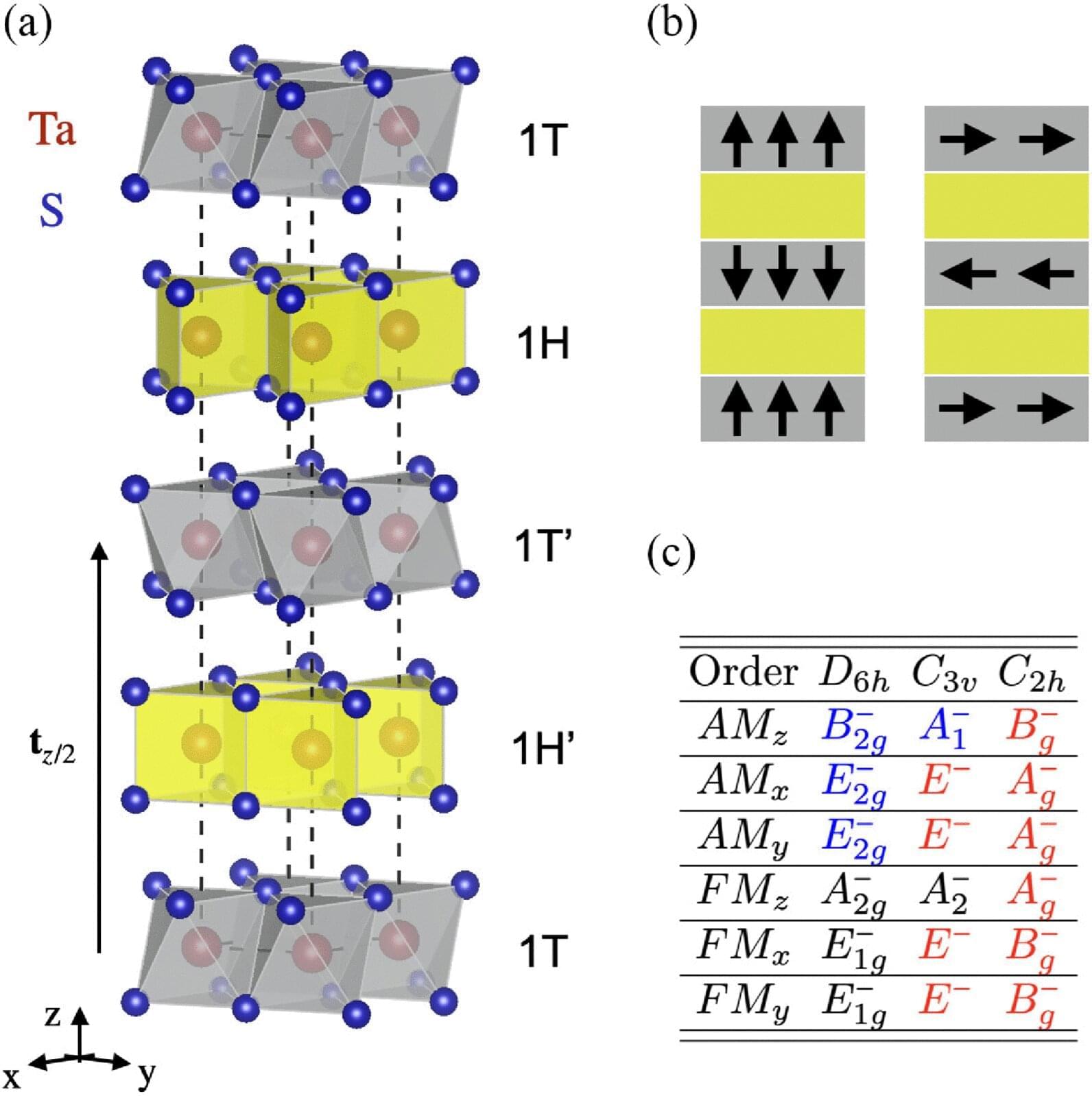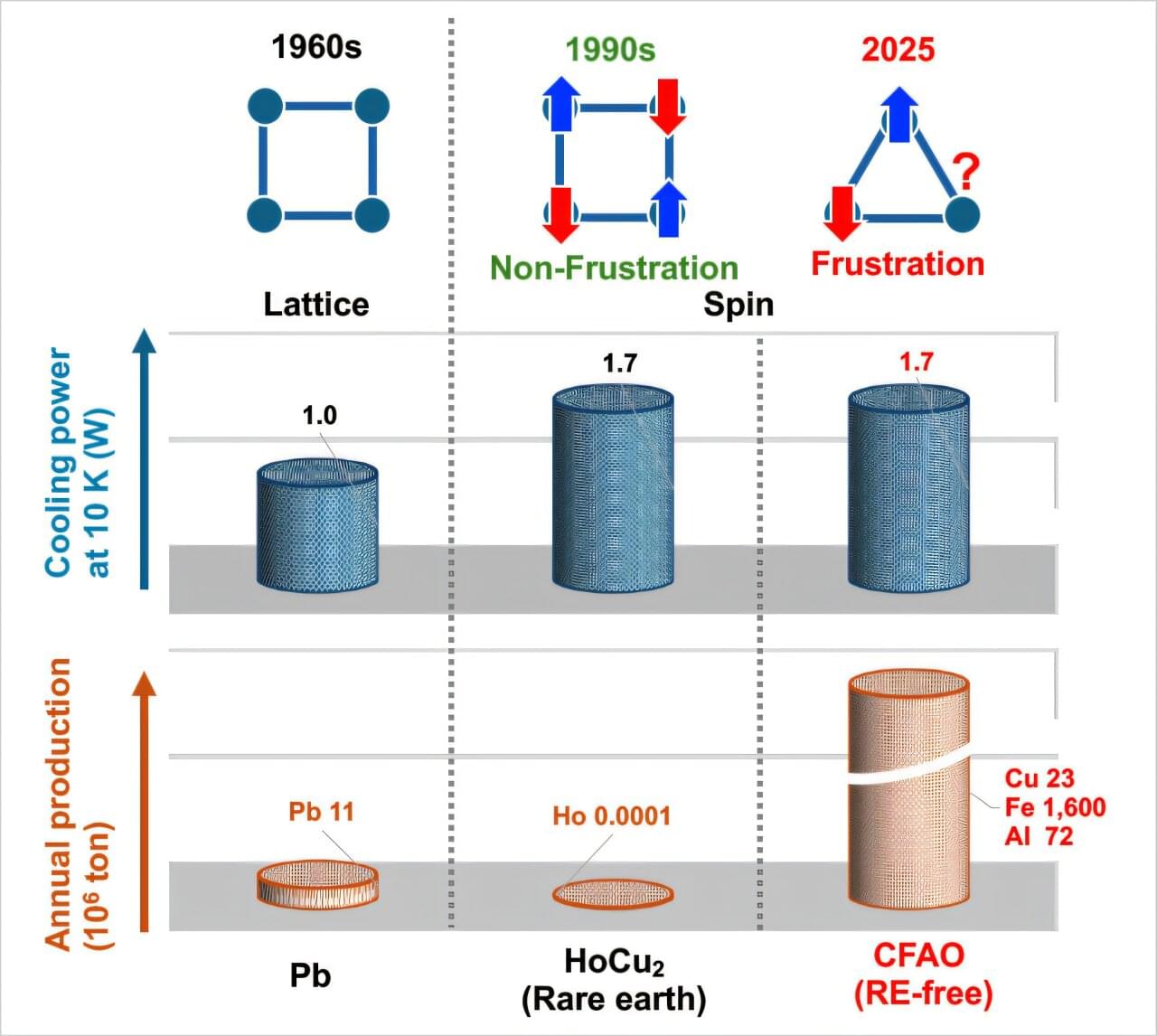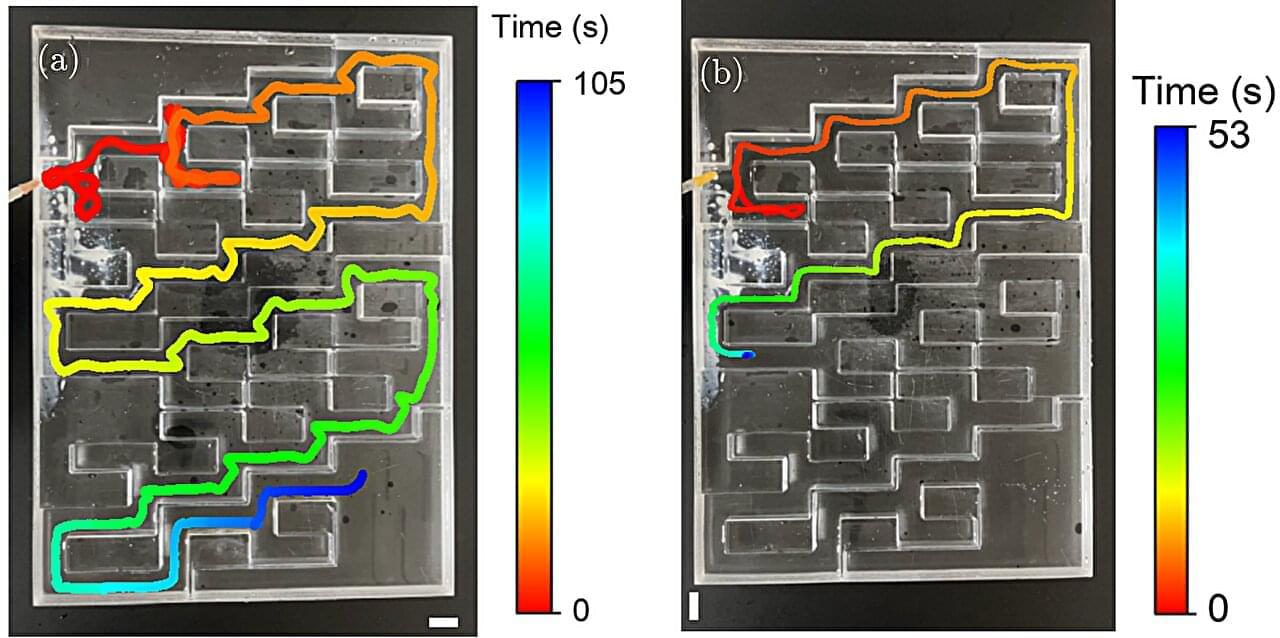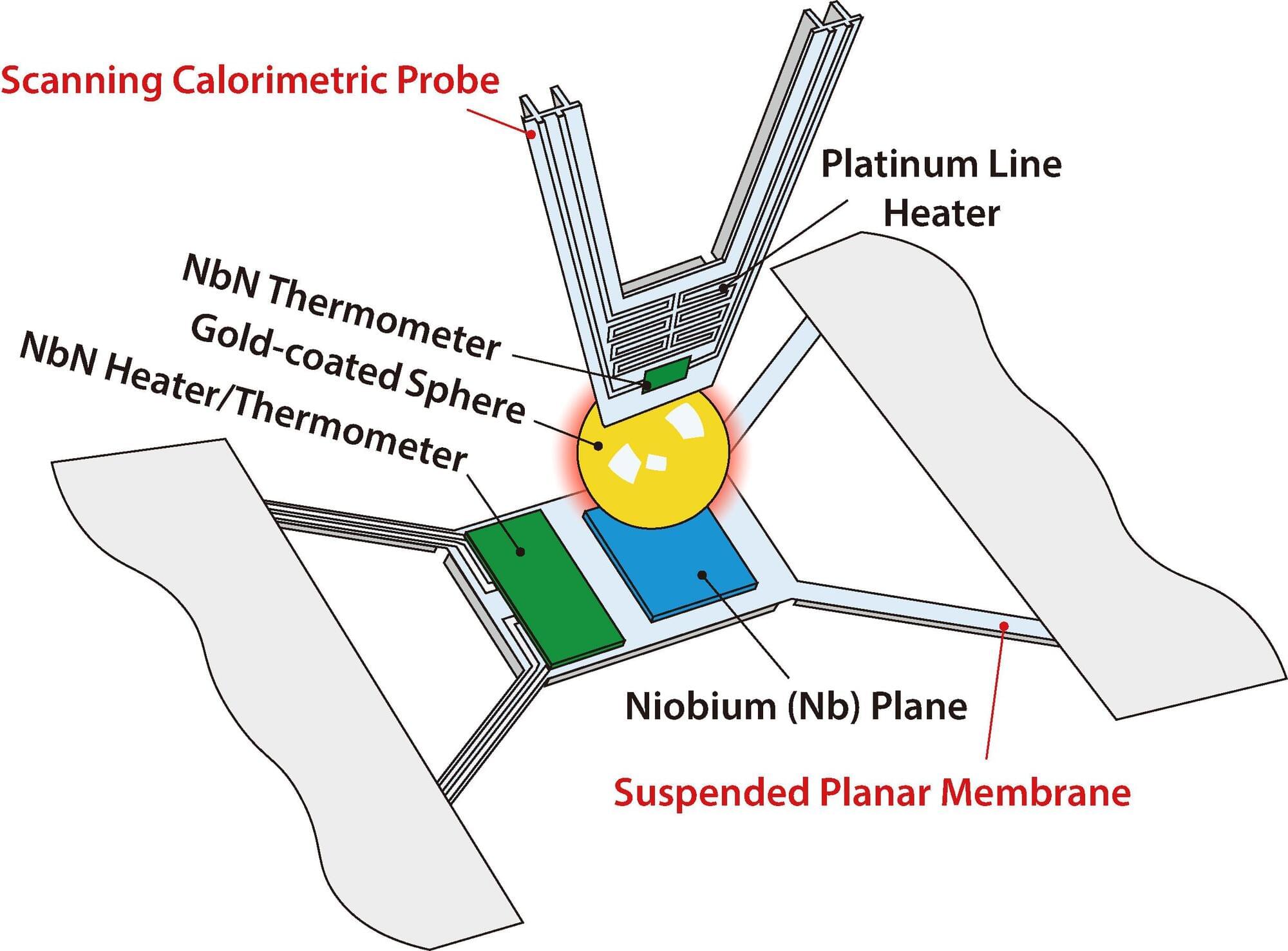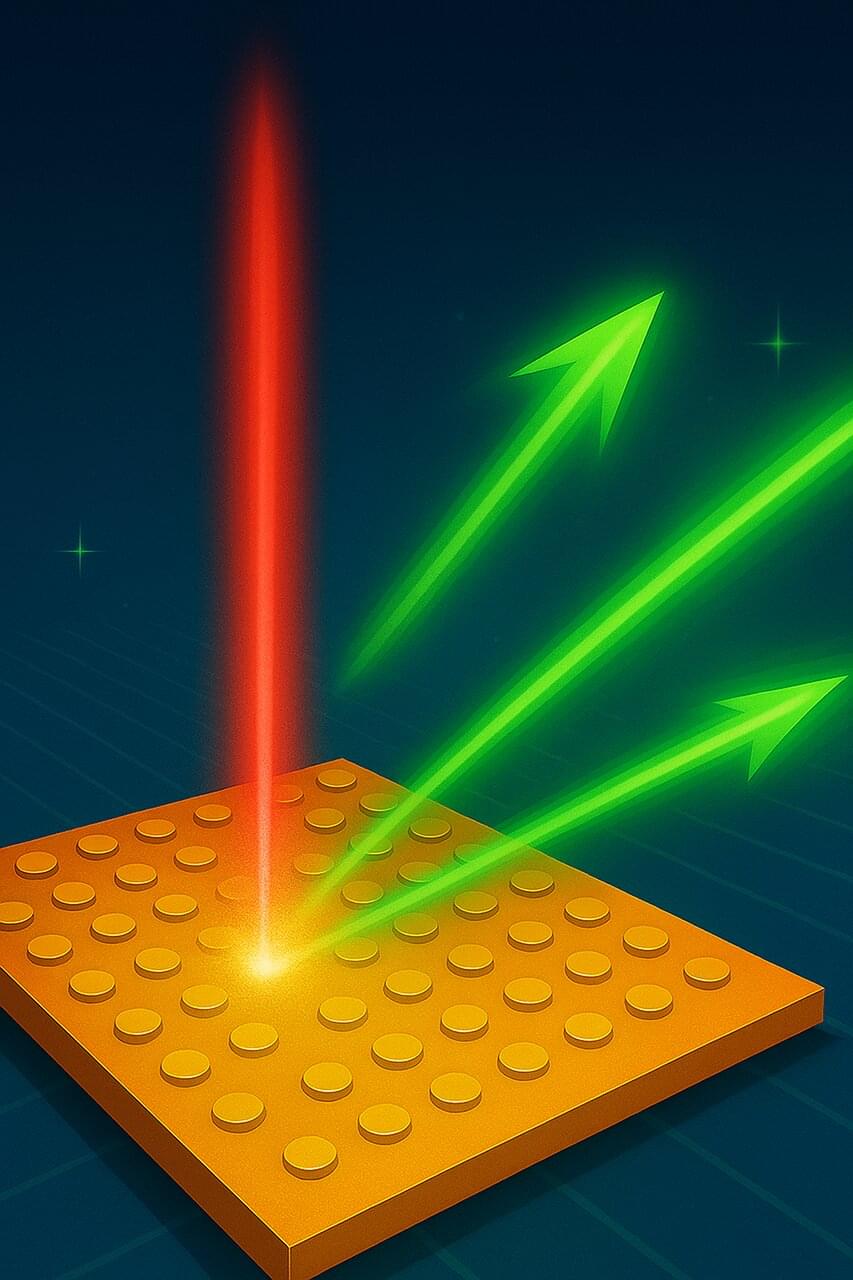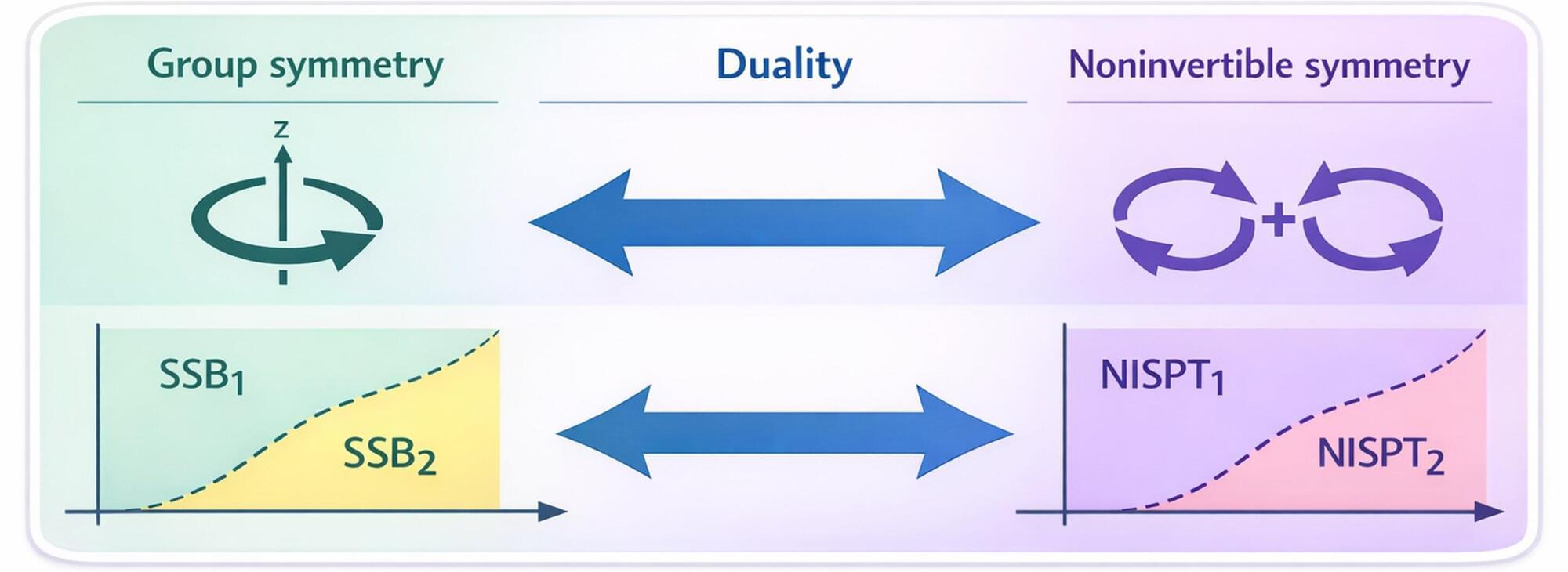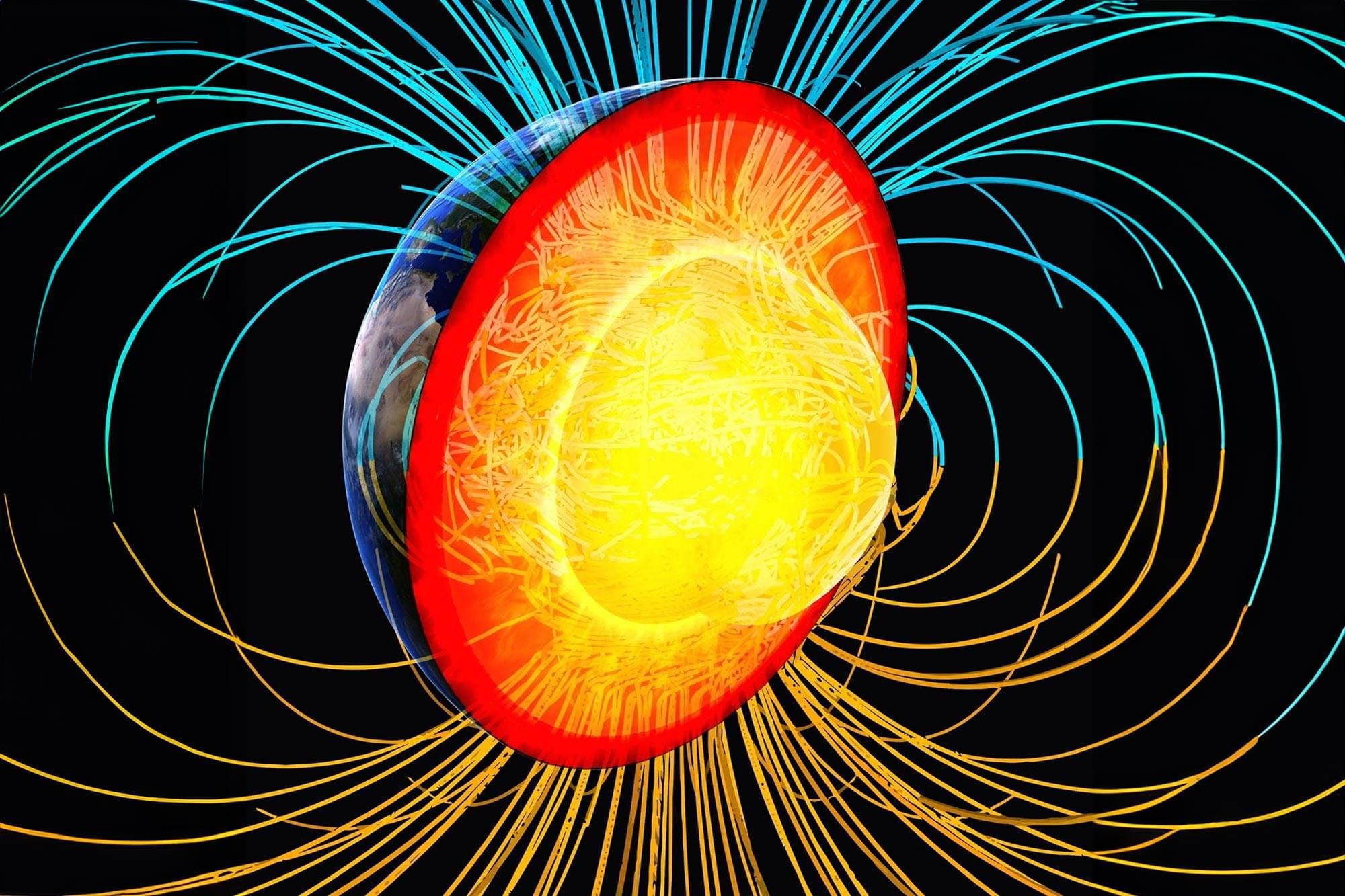How are superconductivity and magnetism connected? A puzzling relation between magnetism and superconductivity in a quantum material has lingered for decades—now, a study from TU Wien offers a surprising new explanation.
Some materials conduct electricity without any resistance when cooled to very low temperatures. This phenomenon, known as superconductivity, is closely linked to other important material properties. However, as new work by physicist Aline Ramires from the Institute of Solid State Physics at TU Wien now shows: in certain materials, superconductivity does not generate exotic magnetic properties, as was widely assumed. Instead, it merely makes an unusual form of magnetism experimentally observable—so-called altermagnetism.
